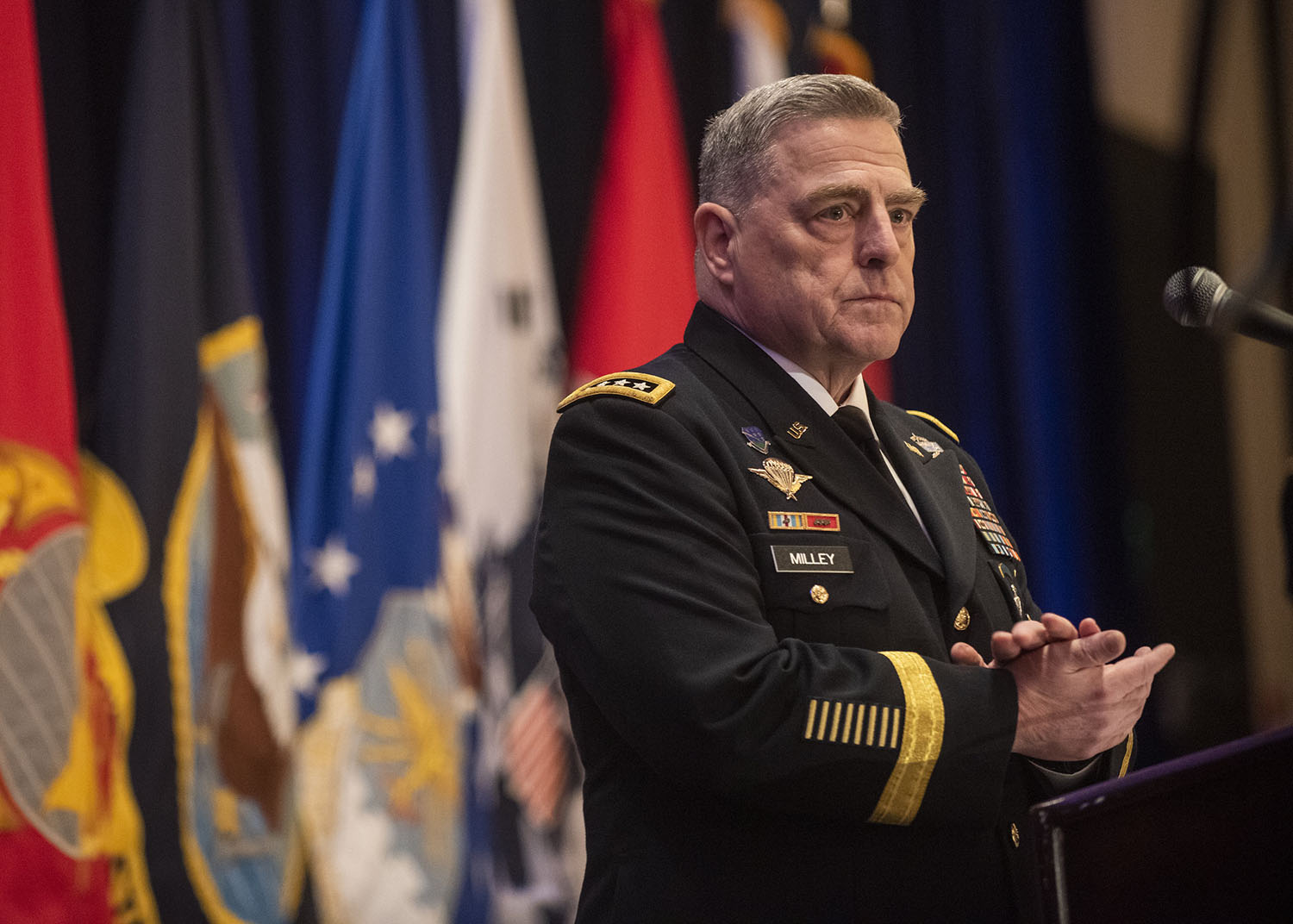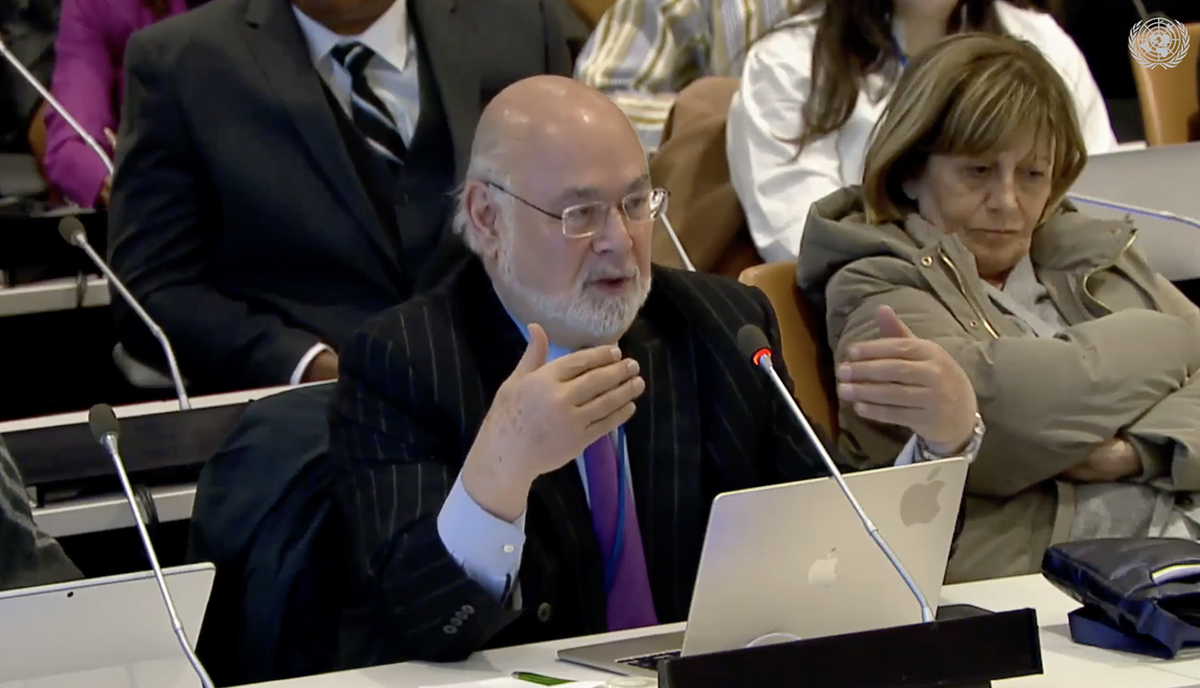GSI Report
January 30, 2000
On January 26-27, 2000, the Middle Powers Initiative and The Carter Center co-sponsored the Atlanta Consultation on the Future of the Non-Proliferation Treaty. The purpose was to serve as a forum for groups to share thoughts on the challenges facing the Nuclear Non-Proliferation Treaty (NPT), and, as David Krieger of the Nuclear Age Peace Foundation and Jim Wurst of MPI reported, “to seek common ground for… policies and programs that will preserve and strengthen the regime and further the goal of nuclear arms control and the reduction and eventual elimination of nuclear dangers.”
Jonathan Granoff, CEO of GSI, chaired the Atlanta Consultation and joined Senator Alan Cranston on the MPI delegation. Other participants included host President Jimmy Carter; John Gannon, chairman of the National Intelligence Council; Ambassadors Thomas Graham and James Leonard; Senator Douglas Roche, Chairman of the Middle Powers Initiative, and Mr. Krieger. They joined American and international politicians, scientists, businesspeople and NGO officials.
Discussions were pervaded by the sense of the NPT’s unique stature in establishing the international norm that no nation should possess nuclear weapons, and by an awareness of the importance of the April-May 2000 Treaty Review Conference at the United Nations.
The Consultation allowed senior U.S. officials such as John Holum, Senior Advisor for Arms Control and International Security at the State Department, and Gary Samore, nuclear advisor on the National Security Council, to meet with high level diplomats from the New Agenda, a coalition of middle power nations and strong U.S. allies committed to complete nuclear disarmament. New Agenda representatives in attendence included Darach MacFhionnbhairr, Head of Disarmament and Nonproliferation in Ireland’s Foreign Affairs Department; Minister Angelica Arce of Mexico, and Kirsty Graham, First Political Secretary of New Zealand.
This process was further facilitated by the break-out sessions that made up the bulk of the Consultation, which focused on such themes as U.S. partisan politics, public awareness, parliamentarian links, the importance of re-thinking NATO, immediate concerns, a Nuclear Weapons Convention, the NPT process, and nuclear energy.
Mr. Granoff closed the conference, concluding “How can we work together to create conditions conducive to negotiate the elimination of nuclear weapons? In these past two days we have seen that with dialogue bridges can be built and new programs can be created.”
The effectiveness of the New Agenda in negotiating advancements at the NPT Review Conference in April-May was tacit evidence of the Consultation’s quiet but important success.
Jonathan Granoff is the President of the Global Security Institute, a representative to United Nations of the World Summits of Nobel Peace Laureates, a former Adjunct Professor of International Law at Widener University School of Law, and Senior Advisor to the Committee on National Security American Bar Association International Law Section.








